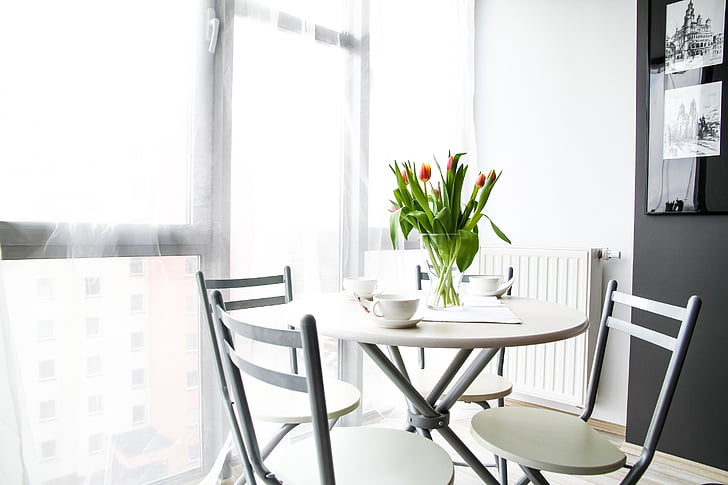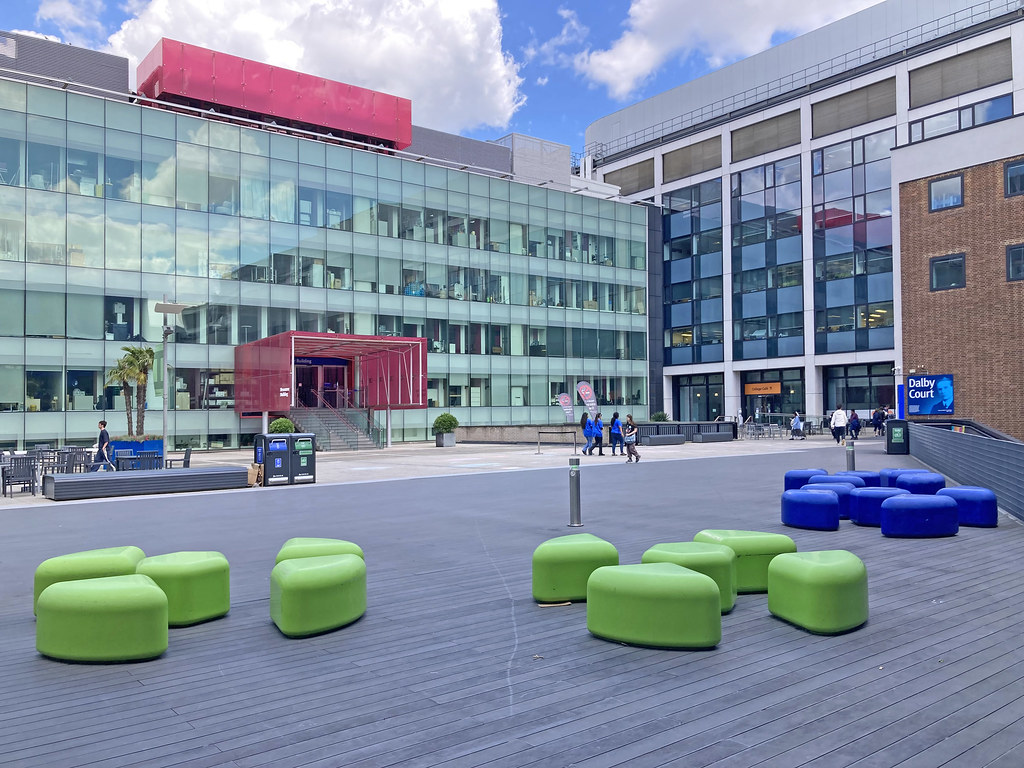What is the apartment security deposit? Moving into a new apartment is an exciting step, but before settling in, there’s usually one key financial obligation to handle: the apartment security deposit. This upfront payment is a standard requirement for most rental agreements, yet it’s a topic that often raises questions for renters.
What exactly is an apartment security deposit, how much is a security deposit, and how to get the apartment deposit back? Understanding the ins and outs of the apartment security deposit is crucial to protecting your wallet. In this blog, we’ll break down everything you need to know about apartment security deposits.
Whether you’re a first-time renter or looking to refresh your knowledge, this guide will help you navigate the process with ease.
What Is an Apartment Security Deposit?
An apartment security deposit is a sum of money paid by a renter to a landlord or property manager at the beginning of a lease agreement. This deposit acts as a financial safeguard for the landlord in case the tenant causes damage to the property, fails to pay rent, or breaches the terms of the lease in any other way.
Essentially, it’s a form of protection for the landlord against potential financial losses, and it can also encourage tenants to take good care of the property. As a tenant, understanding your rights and responsibilities related to the security deposit can help you avoid unnecessary costs and ensure a smooth move-out process.
To understand the security deposit’s meaning more, you need to know something special—they’re refundable if you meet the terms outlined in your lease agreement. The landlord or property manager will return the remaining amount of your security deposit after your apartment is inspected and any damage fees are subtracted (if any). Security deposits are also designed to cover unpaid rent if you break your lease and leave the apartment early.
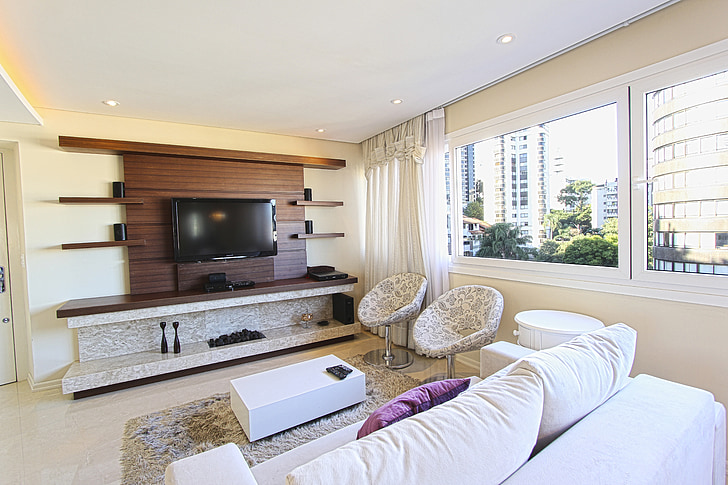
Why Apartment Security Deposit Is Necessary?
Although not all property managers and landlords collect an apartment deposit, it is a fairly standard part of the lease agreement. Property ownership is a challenging business with significant risks, so this helps landlords protect their property from damage or other irresponsible behaviors by tenants. Here are some reasons for rent deposit:
Property Protection
Facing damages to the apartment beyond normal wear and tear such as broken windows, stains on carpets, or holes in the walls, the landlord can use the security deposit to cover the repair costs. This ensures that the landlord isn’t financially responsible for the tenant’s actions.
Rent and Bills Protection
If a tenant fails to pay rent or bills, the landlord can use the rent deposit to cover the unpaid balance. This helps mitigate the risk of losing money due to missed or delayed payments.
Cleaning and Restoration
The security deposit can be used for cleaning and restoring the apartment to a rentable state if the tenant leaves the apartment in an unusually dirty or damaged condition.
Legal and Financial Safety
By collecting security deposits, landlords have a safety net to cover unexpected costs when a tenant vacates the property, such as repairing damages or handling legal disputes. It provides a cushion for the landlord to deal with the tenant’s exit.
What Is a Usual Deposit Fee for an Apartment?
Generally, states have no limit on the rental deposit landlords can charge tenants. The typical security deposit for an apartment is usually equivalent to one month’s rent. However, it can vary depending on circumstances, including the location, the state policies, and the tenant’s credit.
Elements that Influence the Deposit Fee
- State laws
- Monthly rent
- Type and quality of apartment amenities
- Security deposits of competitive properties
- Rental application of potential tenant (credit score, criminal history, employment history)
In competitive rental markets or high-demand areas, landlords may require a larger deposit. If you’re renting for the first time or have a limited credit history, some landlords may request a higher deposit as a safeguard.
In many places, state or local laws limit how much a landlord can charge for a security deposit. Some areas cap it at a certain amount or require it to be refundable within a certain time frame.
When Do I Pay the Apartment Security Deposit?
Generally speaking, renters pay the security deposit at the time of or after signing the lease, before moving into the apartment. Most landlords will require the rent and security deposit to be paid in full before giving you the keys to the apartment. So before you sign the lease, make sure you are ready to pay the fees due that day.
In addition, it’s important to confirm the specific payment method with the landlord in advance, such as credit card, debit card, online payment, or offline check. Preparing for these details ahead of time can help ensure a smoother and quicker move-in process.
Relationship Between Apartment Security Deposit and Last Month’s Rent
If the lease states that the apartment security deposit is used as the last month’s rent, then the money can only be used to pay the rent. This means it can not be used to compensate for damage to the apartment, and be returned to the tenant.
If the landlord only requires payment of rent and no security deposit, the property manager or landlord will repair any damage to the home at their own financial risk.
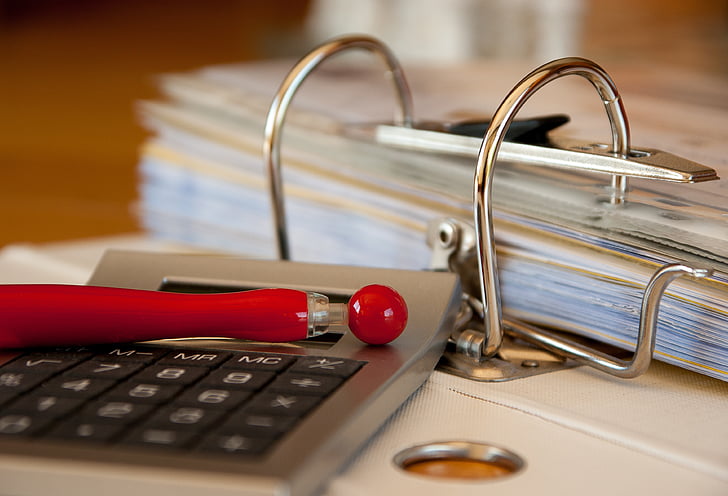
How to Get Your Security Deposit Back?
Knowing how to safeguard your security deposit can save you from unnecessary disputes and financial loss. The following part introduces the reasons for not getting it so that you will have a better understanding of how to safeguard it successfully.
How to Get the Security Deposit Back?
At the end of the lease, the landlord will inspect and clean your apartment. If the property is in the same condition as when they were given to you, the landlord should get you the security deposit refund.
Sometimes the deposit will be returned via an online payment system, sometimes you will have to pick up the check in person, or the landlord will mail it directly to you. Ideally, you can take photos of your apartment when you first moved in and when you left as evidence.
If your landlord does not return your security deposit when they should, you can try reaching out to your property manager or landlord either by phone, email, or by visiting the leasing office as a friendly reminder. If you do so and they still do not return your apartment security deposit, you can turn to the court for help. Some local authorities, like the Tenant’s Rights Organization and Better Business Bureau (BBB), can help you to safeguard your legitimate rights.
Reasons for Not Getting Full Apartment Security Deposit Back
As the landlord’s financial security, the security deposit is often used to pay for the repairs to damage to the apartment, rent arrears, and other violations of the terms of the lease. If the tenant is involved in these conditions, the full rental deposit may not be recovered.
Therefore, as a tenant, it is very important to make sure that the apartment is in good condition when you leave. Here’s a detailed breakdown of the most common reasons:
- Property Damage: Include excessive damage like holes in the walls
- Unpaid Rent or Fees: Include outstanding rent and unpaid utilities like water or gas
- Alternations to the Property: Include unauthorized changes like painting the walls
- Failure to Clean the Apartment: Include dirty conditions or leaving personal items
- Lease Terms Violation
What If the Damage Is More Than the Apartment Security Deposit?
Of course, everyone wants to get their full deposit back. However, in some cases, tenants not only can not get the apartment security deposit but have to pay additional fees to the landlord. If the damage to the apartment exceeds the amount of the security deposit for rent, the tenant needs to pay the remaining costs. The landlord will send an invoice or a letter listing the costs and asking the tenant to pay the difference.
If the tenant refuses or is unable to pay the difference, the landlord may choose to pursue legal action to recover the remaining costs. This involves filing a small claims court case or involving a collection agency.
Therefore, if you have to pay excess costs, it is best to pay off as soon as possible to reduce subsequent unnecessary trouble. Also, if disputes arise over the cost of damages, tenants can negotiate or take legal steps to resolve the issue.
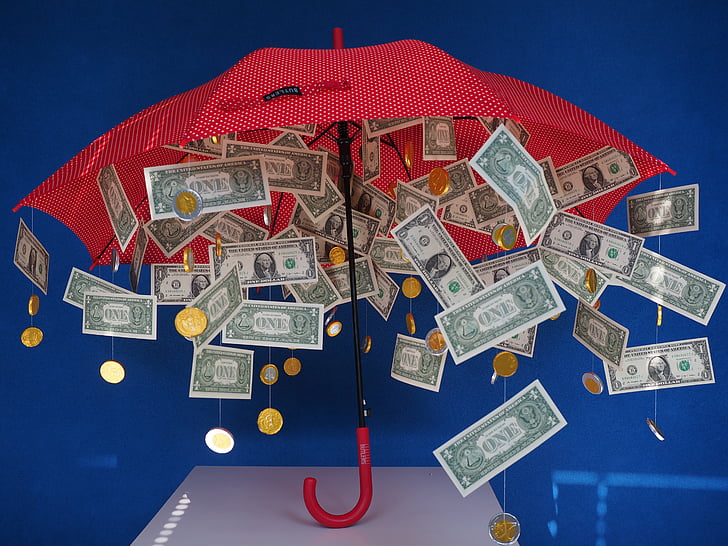
When to Get the Apartment Security Deposit Back?
Under state law, you can get your apartment security deposit back 30 to 60 days after you move out of your apartment at the end of your lease. If you actively communicate with the landlord, you may have a chance to get the deposit back faster.
Make sure you provide your landlord with accurate information about your phone number, email address, and new address to ensure the deposit is delivered correctly and on time.
Where Can I find a Safe, Comfortable, Deposit-protected Housing?
Apartment security deposits can be troublesome if you don’t rent your house from a trustworthy landlord. That’s why uhomes.com is recommended to avoid that problem. It is a reliable platform where you can find student housing in the US. Its householders are chosen carefully with serious inspection, and the security deposit you pay will be sent directly to the householder, without an intermediate link. So your deposit will be as safe as possible.
Conclusion
For people who what to move into new apartments, learning about the apartment security deposit assistance is of vital importance. It’s not just a financial requirement but a crucial part of the rental process that ensures both tenants and landlords are protected. Also, take the time to review your lease, document the apartment’s condition, and fulfill your responsibilities as a tenant to ensure a smooth transition when it’s time to move on.
FAQs about Security Deposit
The security deposit’s definition is a fixed amount of money that you’ll pay to your landlord before moving into your property that secures your tenancy. It provides extra security for you, as it could make sure you aren’t charged for anything you shouldn’t be; and your landlord, in case you damage the property.
The maximum apartment security deposit varies from state to state, depending on the state’s laws. Some states have maximum deposit limits, while in areas where there are no rules, the amount is set by the landlord. Therefore, check the laws of your state before paying the security deposit.
You will get your deposit back after the landlord inspect your apartment and the property is good, like when they were given to you. If you don’t get it, you could contact your landlord for further information.
Under state law, landlords have to get your apartment security deposit back 30 to 60 days after you move out of your apartment at the end of your lease. If you actively communicate with the landlord, you may have a chance to get the deposit back faster.
A rental fee is a guarantee that you will rent the property, and if you change your mind after paying it, you will lose this part of money. A security deposit, however, is to protect the landlord’s property, and it is refundable if you can protect the property well. Many of rental fees are illegal, so pay it with care if you see it.
Yes. You can dispute your landlord’s claims to get the security deposit for rent back if you feel that your security deposit is being wrongfully withheld. You can take photos of your apartment when you first moved in and you left as evidence, and if the issue escalates to a legal level, it is recommended to seek professional legal advice.
No, both the apartment deposit and the rent need to be paid. Before you move into your new apartment, most landlords will want you to pay the security deposit and first month’s rent.
The typical security deposit for most apartments is usually equivalent to one month’s rent. But it can vary depending on circumstances including the location, the state policies, and the tenant’s credit.
Yes. It will be refunded provided you meet the terms outlined in your lease agreement. The landlord or property manager will return the left amount of your security deposit after your apartment is inspected and any damage fees are subtracted (if any).
No. You need to pay the security deposit after you sign the lease but before you get the keys, together with the first month’s rent.





